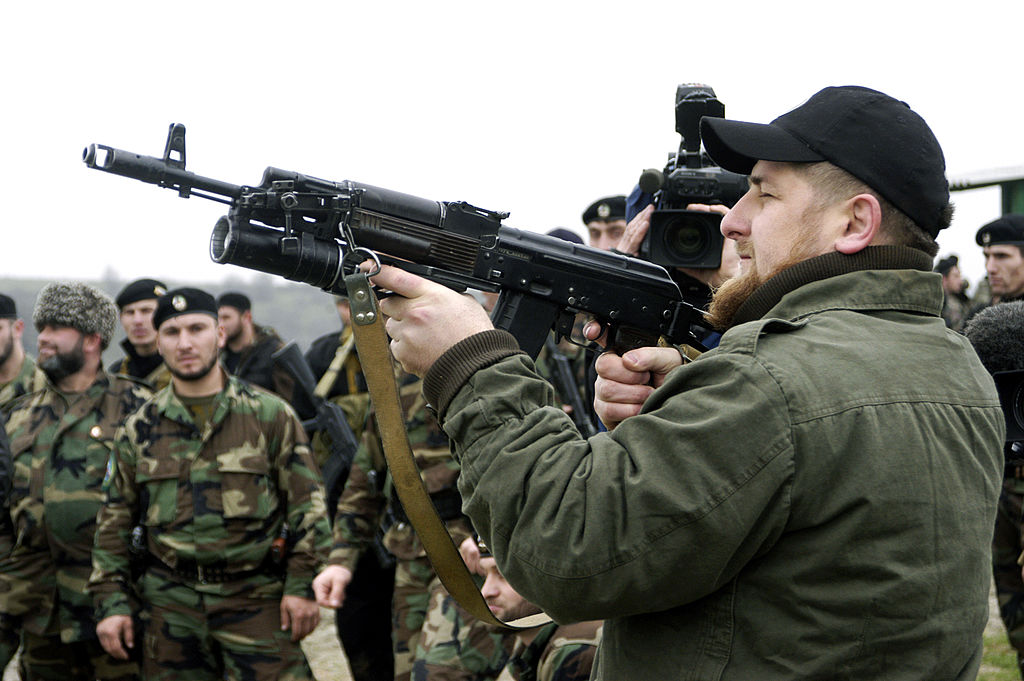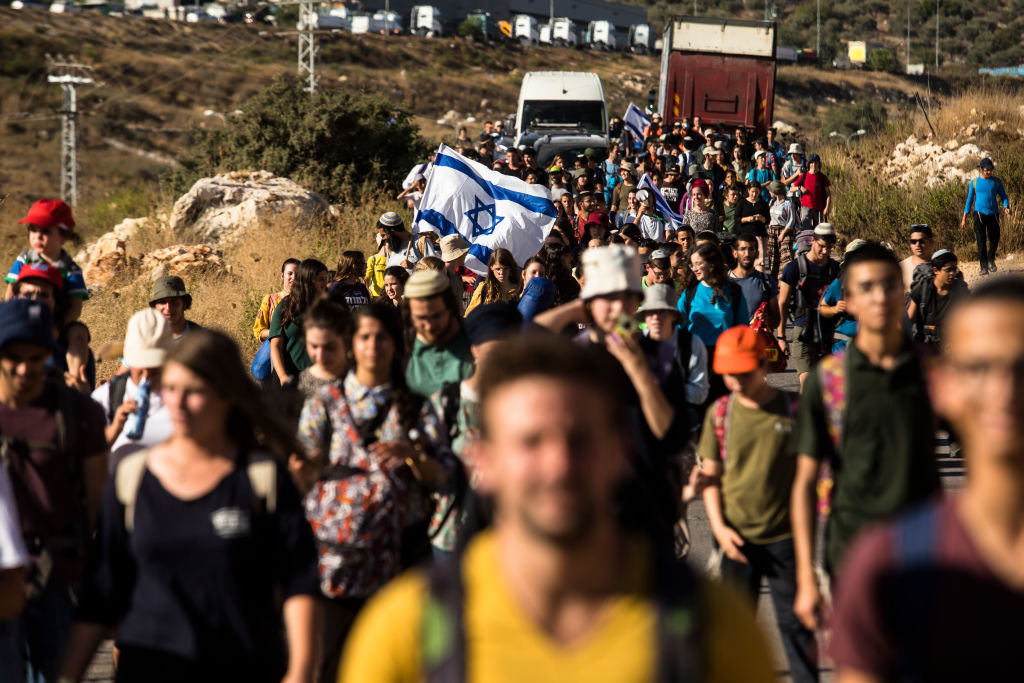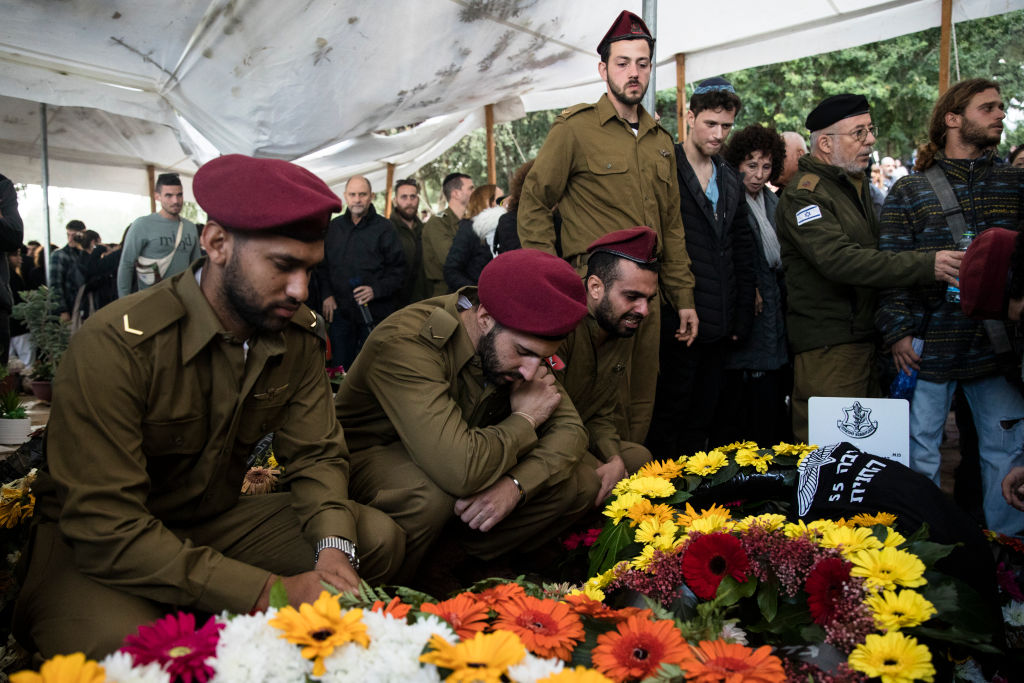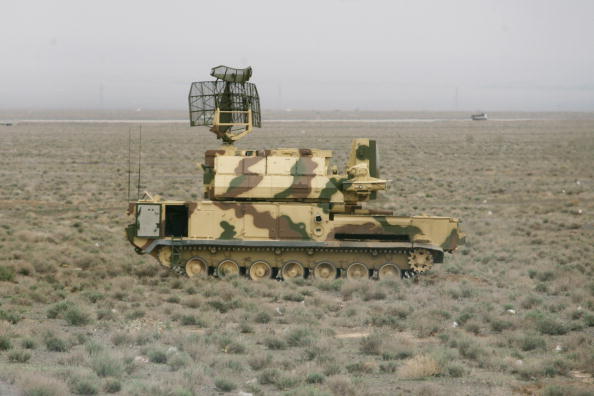Hamas leader Ismail Haniyeh was assassinated in the early hours of 30 July morning in Iran, the Palestinian militant group said, drawing fears of wider escalation in a region already shaken by Israel’s war in Gaza and a worsening conflict in Lebanon.
Iran’s Revolutionary Guards confirmed Haniyeh’s death, which occurred hours after he attended a swearing-in ceremony for the country’s new president, and stated that they were investigating the incident.
There was no immediate comment from Israel, although the Israeli military mentioned that it was conducting a situational assessment without issuing any new security guidelines for civilians.
U.S. Defense Secretary Lloyd Austin stated that Washington would work to ease tensions but also assured that the United States would help defend Israel if it were attacked.
The assassination, coming less than 24 hours after Israel claimed to have killed a Hezbollah commander responsible for a deadly strike in the Israeli-occupied Golan Heights, appears to have dashed any immediate hopes for a ceasefire agreement in Gaza.
Senior Hamas official Sami Abu Zuhri labeled the assassination as a grave escalation intended to break Hamas’s will and affirmed that Hamas would continue its current path, expressing confidence in eventual victory.
Iran’s top security body is expected to meet to decide on a strategy in response to the assassination of Haniyeh, a close ally of Tehran.
Palestinian President Mahmoud Abbas condemned the killing, and Palestinian factions in the occupied West Bank called for a general strike and mass demonstrations.
Haniyeh, normally based in Qatar, has been a significant figure in the Palestinian group’s international diplomacy, especially during the conflict initiated by the Hamas-led attack on Israel on October 7.

The International Criminal Court prosecutor’s office had requested an arrest warrant for Haniyeh over alleged war crimes, simultaneously issuing a similar request against Israeli Prime Minister Benjamin Netanyahu.
Haniyeh, appointed to the top Hamas position in 2017, had managed to navigate between Turkey and Qatar’s capital Doha, allowing him to escape travel restrictions from the blockaded Gaza Strip and to engage in negotiations and talks with Hamas’s ally, Iran.
The situation in the Middle East has further deteriorated following an Israeli strike in the Golan Heights that killed 12 children in a Druze village and the subsequent killing of senior Hezbollah commander Fuad Shukr.
Despite mounting international pressure for a ceasefire and growing anger from the families of Israeli hostages held in Gaza, talks brokered by Egypt and Qatar have stalled.
In response to Haniyeh’s assassination, Russia condemned the killing, with Deputy Foreign Minister Mikhail Bogdanov describing it as an “absolutely unacceptable political murder” that would lead to further escalation of tensions and negatively impact ceasefire talks in Gaza.
Russia has maintained relationships with various parties in the region, including Arab countries, Iran, Hamas, and Israel, frequently condemning violence and accusing the United States of neglecting the need for an independent Palestinian state.
COMMENT: 'Hamas hostages and mass slaughter mean Israelis must pursue and destroy'
Read Kevin Myers first article for Brussels Signalhttps://t.co/XqYdr84vR8
— Brussels Signal (@brusselssignal) June 19, 2024





